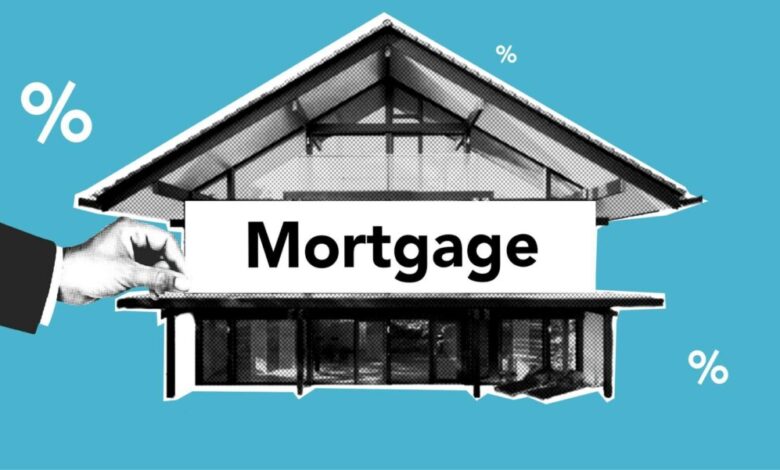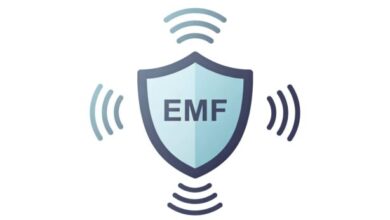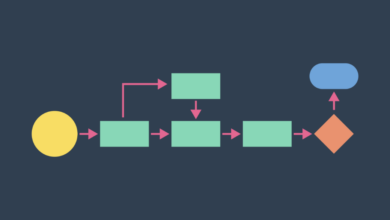How to Finance Your Home Purchase: Mortgage Options Explained

Introduction
Buying a home is a significant milestone in anyone’s life. It’s about finding the perfect house and understanding how you’ll finance the purchase. When navigating the real estate market, comprehending mortgage options is crucial for making a sound financial decision. This guide will provide insights into various mortgage options, allowing you to make an informed choice when pursuing Aspen homes for sale or any other dream home.
Fixed-Rate Mortgages
Fixed-rate mortgages are among the most popular financing options. They offer a stable interest rate throughout the life of the loan, making them predictable and easy to budget for. This consistency appeals to many homebuyers who plan to stay in their homes long-term because it provides security against market fluctuations.
Typically available for 15, 20, or 30 years, fixed-rate mortgages allow buyers to choose a duration that aligns with their financial plans. While longer terms generally have lower monthly payments, they also accumulate more interest over the life of the loan. Conversely, shorter terms may offer higher payments but with less interest overall.
Adjustable-Rate Mortgages
Unlike fixed-rate mortgages, adjustable-rate mortgages (ARMs) offer initial rates that are lower than fixed rates but can change over time. These loans start with a fixed, lower interest rate for a set period (usually 5, 7, or 10 years) before adjusting periodically based on market conditions.
ARMs can attract buyers anticipating moving or refinancing before the adjustment period begins. However, they come with the risk of increased payments if interest rates rise. Understanding the terms and caps on rate hikes is essential to accurately anticipate future financial obligations.
Government-Backed Loans
Government-backed loans provide more accessible financing options for specific homebuyers, including first-time buyers and those with lower credit scores.
Interest-Only Loans
Interest-only loans allow borrowers to pay just the interest for a specified period, usually 5 to 10 years, before requiring entire principal and interest payments. This option can benefit those with fluctuating incomes or who expect a rise in earnings. After the interest-only period, however, monthly payments can increase substantially.
While advantageous for some, interest-only loans carry the risk of remaining in debt longer, as the principal is not paid down during the initial phase. These loans are appropriate for sophisticated borrowers with clear financial strategies and goals.
Factors Affecting Mortgage Eligibility
Several key factors influence mortgage eligibility and the terms available to borrowers. A primary consideration is the credit score, which lenders evaluate to assess a borrower’s ability to repay the loan. Higher scores typically result in more favorable rates and terms.
Down payment size also plays a significant role. Larger down payments can reduce interest rates, lower monthly payments, and eliminate private mortgage insurance (PMI) requirements. Additionally, the loan term length affects what borrowers pay over time, with longer terms resulting in lower monthly payments but higher total interest costs. Understanding these parameters can help buyers evaluate their readiness for a mortgage application and choose the most beneficial financing option.
Conclusion
Understanding various mortgage options is a fundamental step in the home-buying journey. Each option offers distinct advantages and risks, and the key to making the best choice lies in assessing your financial situation and long-term goals. Whether considering a fixed-rate, adjustable-rate, government-backed, or interest-only option, being informed equips you to secure the best possible terms. By exploring these mortgage options thoroughly, you can confidently take the next step toward owning a home, enriching your lifestyle, and investing in your future.




